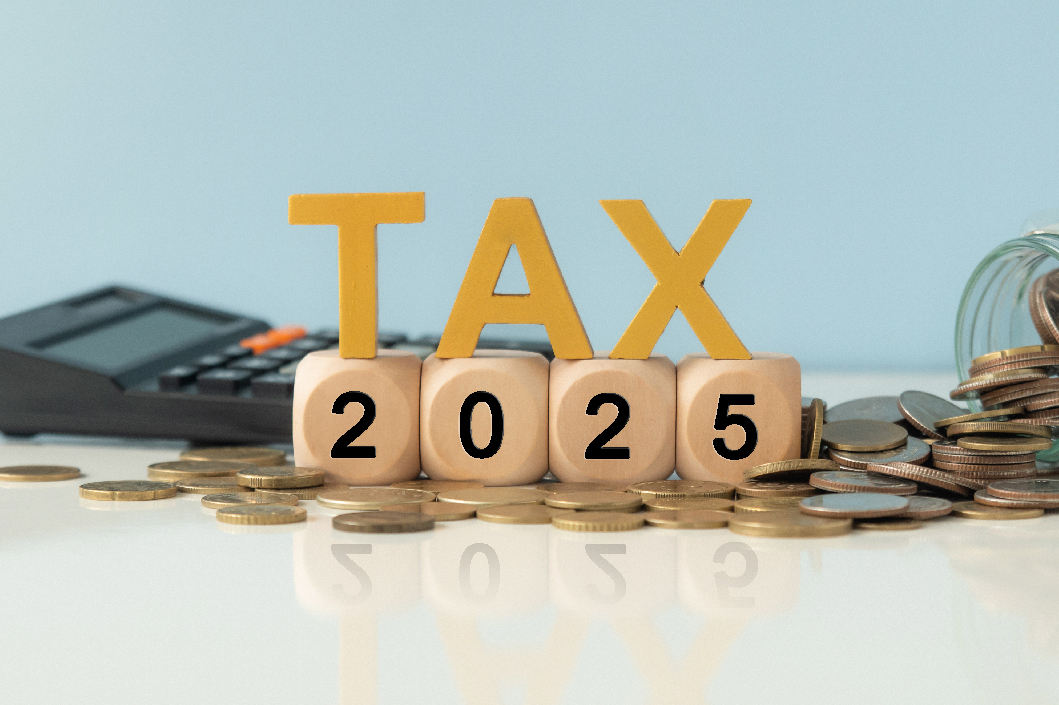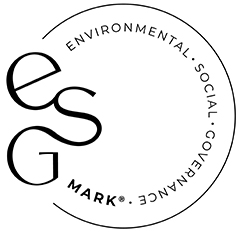Welcome to the September edition of our monthly VAT update, including a selection of news and updates relating to the world of VAT.
Best judgement assessment: not irrational or capricious (just decisive and delicious)
Best judgement assessment cases are often rather lengthy decisions. At 13 pages this example is shorter than most and clearly shows what levels of proof HMRC has to establish.
The taxpayer ran two Subway franchises. An HMRC officer was allocated the business for a standard control visit. Reviewing the returns, they established that the taxpayer treated 58% of sales as standard rated. The officer (who had visited several Subway franchises) thought this was low so conducted several 'test purchases'. The till receipts indicated incorrect VAT treatment (including charging VAT on takeaway cookies, which was a problem for the whole Subway business in late 2018).
Examination of the Z readings from the tills gave further cause for concern and two invigilation checks were made at both sites. This is where HMRC officers observe sales and till operations during a typical working day.
Following these exercises, HMRC issued an assessment in July 2019 initially for £214,854. This was revised down to £144,383. The periods assessed were from 05/15 to 02/19. This was another point appealed - that a number of the periods were out of time, but the tribunal decided that the information required to raise the assessment was not fully gathered until early 2019 so was within time. The fact that HMRC had done a VAT visit in 2016 - where no issues were raised - was not seen as grounds to contest this later assessment.
The burden of proof is always on HMRC for best judgement assessments, which the tribunal agreed that HMRC had met.
This raises two important points:
- A VAT visit that results in no assessment is not a clean bill of health so HMRC can revisit those periods at a later date; and
- Taxpayers should have a programme of monitoring methods of recording and posting transactions to confirm that the VAT returns are accurate.
With ex-departmental employees, our VAT Team can assist in reviewing the VAT treatment and recording of transaction data. Please contact Ian Marrow for further details.
Credit notes: can I get a witness
A training company went into liquidation. Its supplies did not qualify for exemption so were standard rated. After being liquidated, it issued credit notes for students where the course was unfinished. The VAT on these credit notes resulted in a claim of over £750,000 of VAT.
At the hearing it was established that the courses were completed by another entity, and that credit notes were being issued in the names of students whose courses were completed before the business went into liquidation. It also seemed that no monies were repaid to the students receiving the credit notes.
The evidence of the liquidator was found to be 'largely unreliable' and therefore the quantum of the assessment was not challenged by the evidence given.
Plastic Packaging Tax: mind the gap
HMRC estimated that about 200,000 businesses would need to register and account for Plastic Packaging Tax (PPT). So far, only about 5% of that number have registered, so HMRC is looking for any obvious businesses that may have forgotten to register.
The tax applies to businesses that manufacture or import relevant plastic packaging components or import packaged goods into the UK. For more information, read our article: Who needs to pay the Plastic Packaging Tax?
If you believe that you have an obligation to register (or want to confirm that you don’t) please contact Ian Marrow.
So long CHIEF
The Customs Handling of Import and Export Freight (CHIEF) is drawing to a close. The system is 30+ years old and not fit for purpose (or HMRC no longer has anyone who can fix it).
Therefore, businesses importing goods will need to transfer to the new Customs Declaration Service (CDS) by 30 September 2022 and for exports by March 2023.
HMRC says that it has written to all affected businesses to ensure that they are signed up for CDS and avoid severe delays on importing and/or exporting goods.
This would also be a good time to review any duty deferment accounts that the business may have. Certain deferments no longer require fiscal guarantees so may be cheaper.
Too late for Forest
Nottingham Forest Football Club was assessed by HMRC for £345,561 on 29 April 2019. The taxpayer argued that the facts required for HMRC to make the assessment were known to them by 20 April 2018.
These dates are key because HMRC is 'time barred' from issuing assessments more than 12 months after it has the information sufficient for the assessment to be raised; commonly referred to as the 'knowledge of facts' test. HMRC said that the relevant information was on a data stick that was given to them on 9 May 2018.
In these cases, the onus is on the taxpayer to show when HMRC had the relevant information. In this case, the club was unable to convince the tribunal that HMRC was outside the 12-month time limit, so the assessment stands.
It’s important to note that if HMRC has taken more than 12 months to issue a VAT assessment then you have grounds to challenge that assessment.
This article is from the latest issue of our VAT newsletter. To receive future copies of any of our newsletters directly to your inbox, please visit our preference centre to register your interest.
If you have any questions about the above, or would like more information specific to your circumstances, please enter your email address below and we will get in touch:












